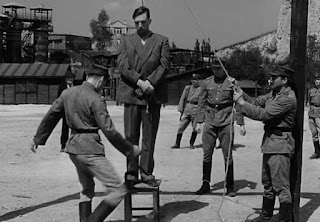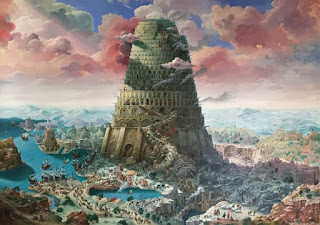In the year 1882, a seemingly ordinary photograph was taken, capturing the innocence and curiosity of a young child named Albert Einstein.
In the year 1882, a seemingly ordinary photograph was taken, capturing the innocence and curiosity of a young child named Albert Einstein.
Little did the world know at that time that this unassuming three-year-old boy would go on to reshape the very fabric of our understanding of the universe.
Born on March 14, 1879, in the German city of Ulm, young Albert Einstein exhibited early signs of an inquisitive mind. The photograph reveals a child with unruly hair and lively eyes, already hinting at the spark of intellect that would one day illuminate the world. It was within the confines of his middle-class Jewish household that Einstein's intellectual journey began, nurtured by the love and support of his family.
As he grew older, Einstein's insatiable curiosity continued to blossom. His father, Hermann Einstein, a salesman and engineer, gifted him a compass at the tender age of five. This simple instrument fascinated young Albert, sparking a fascination that would become a guiding force throughout his life. The mysterious way in which the compass needle aligned itself with the Earth's magnetic field left a profound impression on the young prodigy, planting the seeds of his future exploration into the laws that governed the natural world.
Einstein's education began in Munich, where he enrolled in the Luitpold Gymnasium. However, his unconventional and independent thinking often clashed with the rigid structure of the traditional educational system. His rebellious spirit and nonconformist attitude led him to question the authority of his teachers and explore ideas beyond the confines of the classroom.
In 1894, at the age of fifteen, Einstein and his family moved to Italy. Forced to leave his beloved Munich behind, the young genius faced the challenge of adjusting to a new culture and language. Despite the difficulties, Einstein's hunger for knowledge remained unquenchable. He delved into the works of philosophers, mathematicians, and physicists, consuming their ideas











Comments
Post a Comment